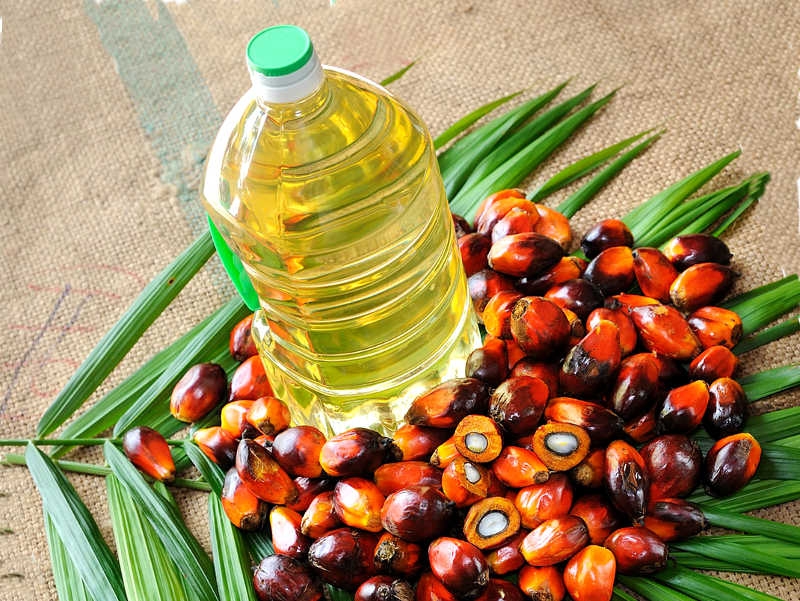Indonesia president wants thorough probe of palm oil graft allegations

Indonesian President Joko Widodo said on Wednesday (Apr 20) he wanted a thorough investigation of alleged breaches of rules for issuing palm oil export permits after the government’s policy failed to help contain surging cooking oil prices.
Indonesia’s Attorney General a day earlier launched a corruption probe, naming four suspects including a senior Trade Ministry official and three palm oil executives.
Attorney General Sanitiar Burhanuddin said evidence showed a ministry official had issued export permits to companies that not met rules to sell part of their palm oil output at home.
“I ask that this case be thoroughly investigated so we can find out who is playing a game here,” said Jokowi, as the president is widely known, according to a statement issued by the palace.
Indonesia is the world’s top palm oil producer, but after soaring global prices of the edible oil pushed up local cooking oil prices authorities brought in rules from late January to March requiring companies to sell a portion of their planned exports at home.
Jokowi noted that despite the various efforts of the government, including giving subsidies to producers, retail prices of cooking oil had remained stubbornly high.
Bulk cooking oil is currently being sold above a retail price cap of 14,000 rupiah (US$0.98) per litre set by the government.
“We want prices to be near normal levels,” he said.
The three other suspects named by the Attorney General were executives at three palm oil companies – Permata Hijau Group, PT Wilmar Nabati Indonesia and Musim Mas.
Wilmar Group said in a statement it had “complied with all applicable regulations related to export approvals and we will always cooperate in supporting government policies”.
Musim Mas representative Rapolo Hutabarat said the company was “shocked” by the allegation since it had met export requirements, pledging to cooperate with the legal process.
In a separate statement, Musim Mas said it supported the efforts of the government to ensure an adequate supply of affordable cooking oil and had “wholeheartedly complied with the DMO (domestic market obligation) requirements”.
Permata Hijau did not immediately respond to a request for comment.
Read also
Wheat in Southern Brazil Impacted by Dry Weather and Frosts
Oilseed Industry. Leaders and Strategies in the Times of a Great Change
Black Sea & Danube Region: Oilseed and Vegoil Markets Within Ongoing Transfor...
Serbia. The drought will cause extremely high losses for farmers this year
2023/24 Safrinha Corn in Brazil 91% Harvested
Write to us
Our manager will contact you soon



